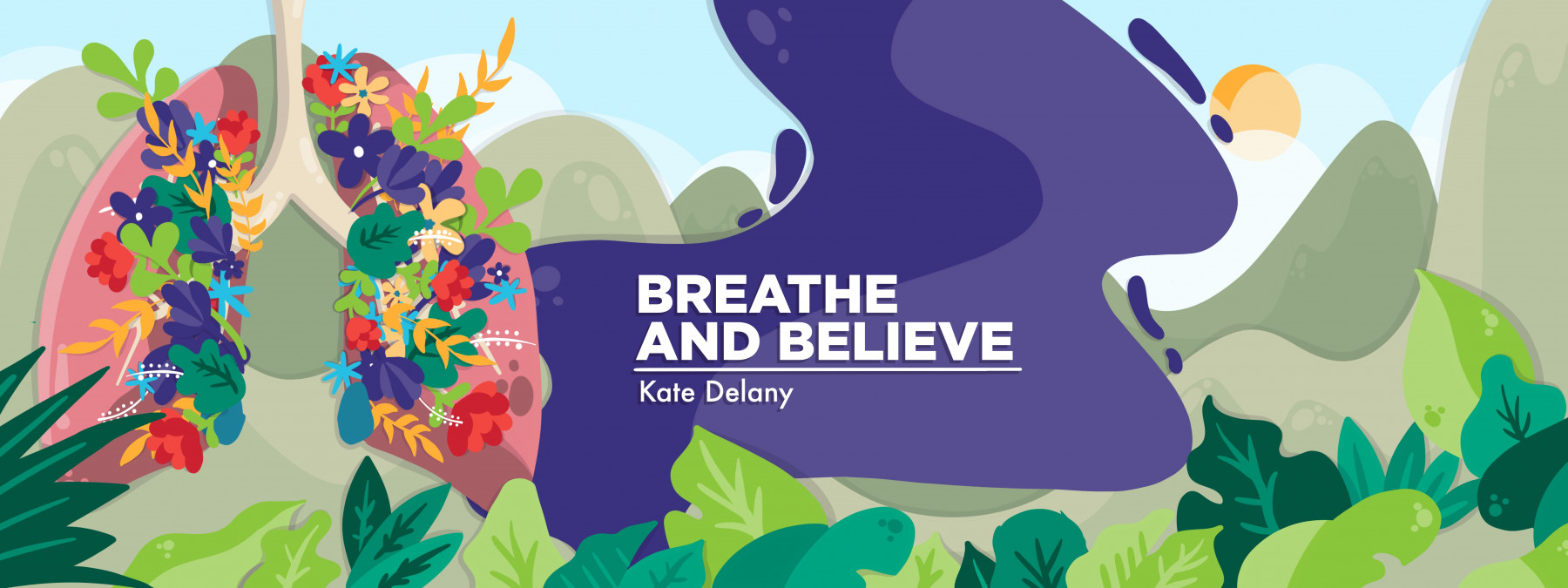What We Talk About When We Talk About COVID-19
Written by |

In his short story titled, “What We Talk About When We Talk About Love,” writer Raymond Carver dramatizes an evening in which a small group of friends sits around a dining room table drinking and reminiscing. They share stories that are both intense and rambling.
The friends discover that the word “love” churns up a wellspring of emotions, including fear, anger, peace, desire, and satisfaction. Carver’s point is that when we talk about love, we wade into deep-seated and often inchoate hopes and fears. If we want to get to any truth, we have to untangle these complexities. It seems to me that talking about COVID-19 involves much of the same thing.
The pandemic has prompted many important sociopolitical conversations about housing, employment, education, and more. As someone involved in local political organizing, I’ve had the opportunity to be part of those intellectual debates. But I think there are emotional lessons we can learn from the pandemic, too, that are every bit as essential, and that could help both individuals and society function better.
As a well person with a foot in the world of chronic illness due to my younger sister’s cystic fibrosis, I see clear emotional lessons for both the average healthy person and those affected by chronic illness.
A lesson for the well: Acknowledge vulnerability and let it lead to empathy
Most of us take our health for granted until we are faced with losing it. For many, death anxiety prompted by COVID-19 was, and is, real and intense. In his book “Being Mortal,” physician Atul Gawande explores the great lengths that modern medicine and American culture go to keep fears of mortality at bay.
In Gawande’s view, this is a mistake. Our humanity is bound up in our mortality. Acknowledging our frailty can lead to interconnection and greater appreciation for life. The psychological practice of terror management theory is geared toward just that: processing fears of death in order to live the best possible life.
After time spent under quarantine and in masks, those of us without serious underlying health conditions may be able to get in touch with feelings of gratitude. What’s more, rather than banishing those COVID-19 fears to the back of our minds, healthy people can stay in touch with their feelings to build empathy.
I’m writing this at the start of cold and flu season, a time of potential discomfort and inconvenience for the average well person. This isn’t so for the chronically ill. For CFers like my younger sister, the flu can easily lead to pneumonia and hospitalization.
If we were our best and most socially responsible selves during the height of the pandemic, we should continue to be guided by the principles of being in this together to protect public health. There are plenty of people, including those with illnesses we might not see, that depend on us making community-minded decisions about health.
A lesson for those connected to chronic illness: Feel the real feeling
At the start of the pandemic, when my friends began discussing their new fastidiousness and anxiety about health matters, my own internal reaction surprised me. I was irritated. Here they were, candidly articulating fears about losing loved ones, and what I thought more than anything was, “Welcome to my life!”
As they swapped worries and consoled each other, I felt put out. Their fears were real, validated in the news every day. But what about my years of worry that a kid coughing in my child’s class might cost my family a happy holiday season? Though my irritation was real, it wasn’t fair or particularly productive.
I noticed similar behaviors in my family, too. Discussions of politicians or celebrities who were anti-science, anti-mask, and anti-vaccine often teetered on the edge of rage. I had to wonder what was going on when I heard jokes made about people who refused vaccinations and ended up on ventilators.
Three years later, I can still summon up memories of the syncopation of the ventilator that kept my sister alive. I knew we were not this cavalier. We were afraid, though, and rightfully so. And we felt invisible.
Anger is a potent emotion, more so than sadness or fear, but it is also corrosive. I believe there’s a lot to be gained by both feeling our feelings and stepping back to observe them. As for combating invisibility, I would echo the sentiments of Cystic Fibrosis News Today’s Brad Dell: Come together, speak up, share stories, take up space.
The pandemic has been traumatic in so many ways for so many people. I think it has served up some learning opportunities, too, along with chances to improve our social awareness and emotional intelligence. It’s time to get to the heart of what we talk about when we talk about COVID-19.
***
Note: Cystic Fibrosis News Today is strictly a news and information website about the disease. It does not provide medical advice, diagnosis, or treatment. This content is not intended to be a substitute for professional medical advice, diagnosis, or treatment. Always seek the advice of your physician or other qualified health provider with any questions you may have regarding a medical condition. Never disregard professional medical advice or delay in seeking it because of something you have read on this website. The opinions expressed in this column are not those of Cystic Fibrosis News Today, or its parent company, Bionews, and are intended to spark discussion about issues pertaining to cystic fibrosis.








Leave a comment
Fill in the required fields to post. Your email address will not be published.